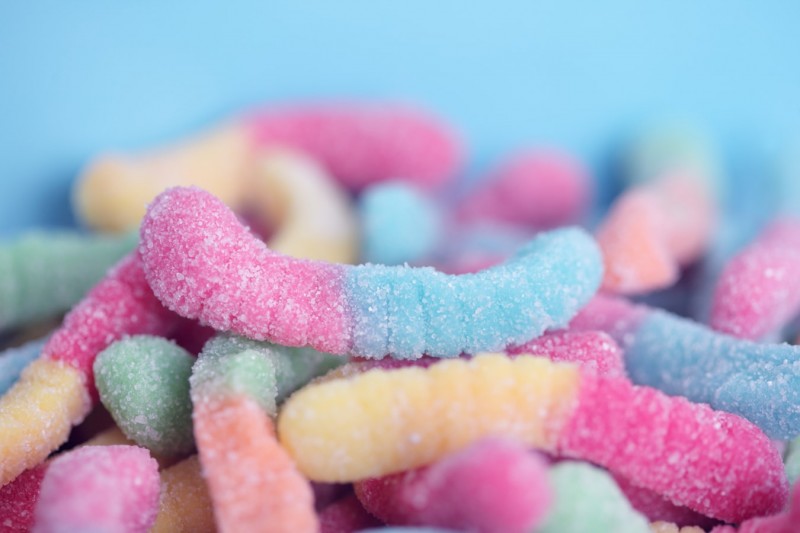
Have you seen low or no-fructose diets out there, and wondering why people are ditching the sweet stuff? After all, isn't fruit good for you? It's a complicated topic, and we're not going to try and argue for or against fructose. Instead, we've uncovered the facts about fructose, so you can make your own call.
It's worth chatting with a dietitian or nutritionist, if you're thinking about eating more or less fructose - or removing it entirely from your diet.
What foods contain fructose?
Fructose is the main carbohydrate in fruit and honey. It's also called levulose or fruit sugar.
Chemically, fructose has the same structure as glucose and blood sugar. But it activates the taste buds in a different way. It also tastes sweet, which is why so many people love to dig into a fruit salad.
The other difference is glucose is used by the body for energy and isn't stored. Fructose, on the other hand, is much harder to break down - and this job is left to the liver.
Fructose is used to make table sugar and cane sugar. How? By combining it with glucose to make sucrose (which is 50% fructose, 50% glucose).
Manufacturers add fructose to a wide range of foods, to tempt the taste buds and make their food taste better. You may see this listed on the packet as "high fructose corn syrup" or HFCS. This is 55% fructose, 45% glucose.
To make this syrup, manufacturers alter the glucose found in cornstarch to make it fructose. This is put into soft drinks, cereals, desserts and other processed foods - even frozen fruits - to either add flavour, seal in the natural flavours and colours, or to make drinks more syrupy.
In Australia, we're lucky to have very little HFCS in our foods. However, we do have cane sugar (50% fructose, 50% glucose), which is identical to HFCS.
Want to know if a food contains fructose? Look for ingredients like corn syrup, D-fructofuranose, D-arabino-hexulose, levulose or fruit sugar.
Is fructose bad for you?
To answer this question, we need to distinguish between refined and unrefined fructose. Refined fructose is that found in processed foods - HFCS or cane sugar. This is the one we really want to avoid. Why? Because it has been shown to increase fat in the liver - also known as non-alcoholic fatty liver disease.
It's also known to cause insulin resistance (which leads to diabetes), boost bad cholesterol (LDL) and many other health issues. Aside from that, it also makes you more hungry. And that's because fructose doesn't suppress the hormone that controls hunger. That's why you can eat an entire bag of lollies without feeling full. In fact, you may feel even hungrier!
Unrefined fructose is the natural stuff found in fruit. It's unprocessed and sourced straight from nature. While it's said to be healthy (at least healthier than man-made fructose), you still don't want to gorge on fruit.
And skip the fruit juice if you can - it's way too high in sugar. It also lacks the fibre found in the whole fruit, which helps break down the fructose more slowly.
Most dietitians and nutritionist will tell you fruit can be part of a healthy, balanced diet. But always check with a professional before adding or removing fructose from your eating plan.
|
Do you have a natural health & wellness business? |









